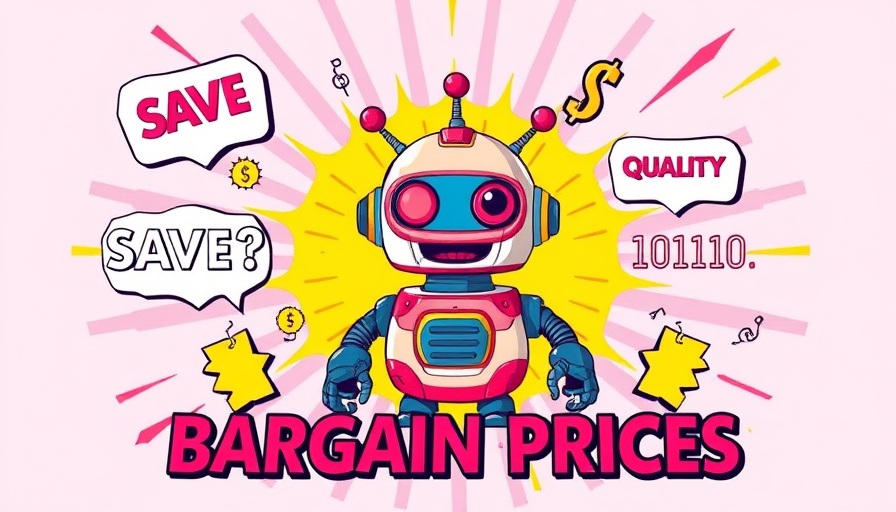
Why AI is Too Cheap for Our Own Good
The rapid advancement of AI technologies is both impressive and alarming, particularly concerning their affordability compared to human labor. As AI tools evolve, they are offered at prices that are strikingly low—such as code-writing AI costing around $120 annually. Entrepreneurs, particularly those in small businesses, find these tools immensely beneficial; however, the underlying issue is that the accessibility of these AI solutions could potentially undercut entry-level job opportunities for aspiring professionals.
The Impact on Entry-Level Opportunities
Luke Arrigoni, an AI entrepreneur, emphasizes the benefits of these affordable tools but also raises concerns about the implications for job seekers. With AI agents performing tasks traditionally reserved for junior roles, there is a significant risk that companies will increasingly depend on automation instead of hiring newcomers.
Industry trends reveal a shifting landscape. According to ZipRecruiter, summer internships have rebounded post-pandemic, indicating a resilient job market; however, if AI continues to improve rapidly and remain inexpensively accessible, it could reverse these gains. As OpenAI's CEO, Sam Altman, pointed out, companies may begin to manage AI agents like junior staff, which complicates the prospects for new job entrants who rely on these roles to gain valuable experience.
Pricing Strategies and Market Implications
The dynamics of AI pricing are driven by intense competition among AI companies. Many startups adopt aggressive pricing strategies to encourage mass adoption, leading to a predominantly low-cost marketplace. However, this competitive pricing may also contribute to an oversaturation of AI in the workforce, potentially leaving human workers sidelined as businesses seek the most cost-effective solutions.
Experts agree that as AI technology continues to develop, offering premium features will be essential for sustainability. Yet, the fundamental issue remains that cheaper AI solutions encourage companies to prioritize technology over human capital.
Risks of Uncontrolled AI Implementation
The widespread implementation of AI tools without a counterbalancing increase in human employment opportunities poses a significant risk. The burgeoning market for AI solutions could inadvertently prevent future workforce innovation. Arrigoni argues that making AI more expensive would naturally tilt the balance back toward hiring junior employees, ensuring that the next generation of workers gains necessary skills before being thrust into leadership positions.
Strategies for Entrepreneurs Navigating the AI Landscape
As an entrepreneur or small business owner, it is crucial to understand not just the benefits of AI tools but also their implications. Here are some actionable insights:
- Assess Your Workforce Needs: Consider how the implementation of AI affects your team dynamics. Ensure that you are not substituting human roles for technology at the cost of development and training opportunities for new hires.
- Invest in Employee Development: Use the savings from AI tools to invest in your employees. Reskilling initiatives will benefit your business long-term as team members evolve alongside the technologies you deploy.
- Balance AI and Human Contribution: While leveraging AI offers efficiency, maintaining a balance with human labor is essential for sustaining a creative and adaptable workplace.
Looking Ahead: The Future of AI in Business
As we navigate the complex interactions between AI tools and employment, it's crucial for business leaders to ensure that they understand the ramifications of rapid automation. By proactively addressing potential threats to the workforce and ensuring that newcomers can gain experience, entrepreneurs will contribute to a more balanced economic future.
In sum, while AI automation for entrepreneurs presents significant opportunities, awareness and proactive decision-making will be key to harnessing these benefits without sacrificing the potential of future talent.
For more insights about how to use AI in small business, explore adaptations and strategies in AI business ideas for 2025.
 Add Row
Add Row  Add
Add 




 Add Row
Add Row  Add
Add 

Write A Comment